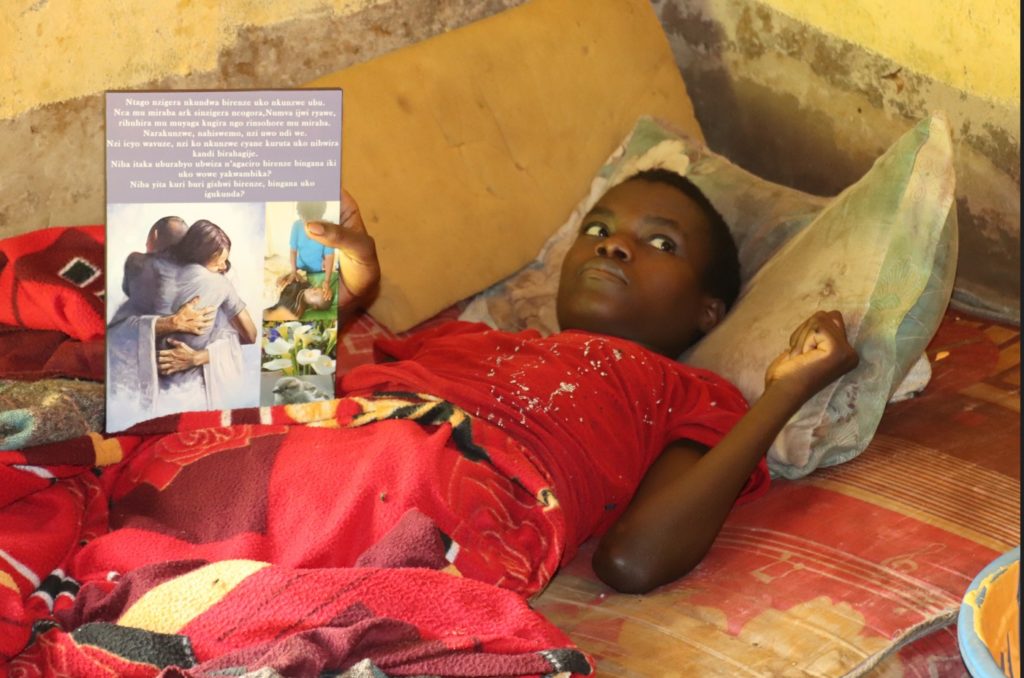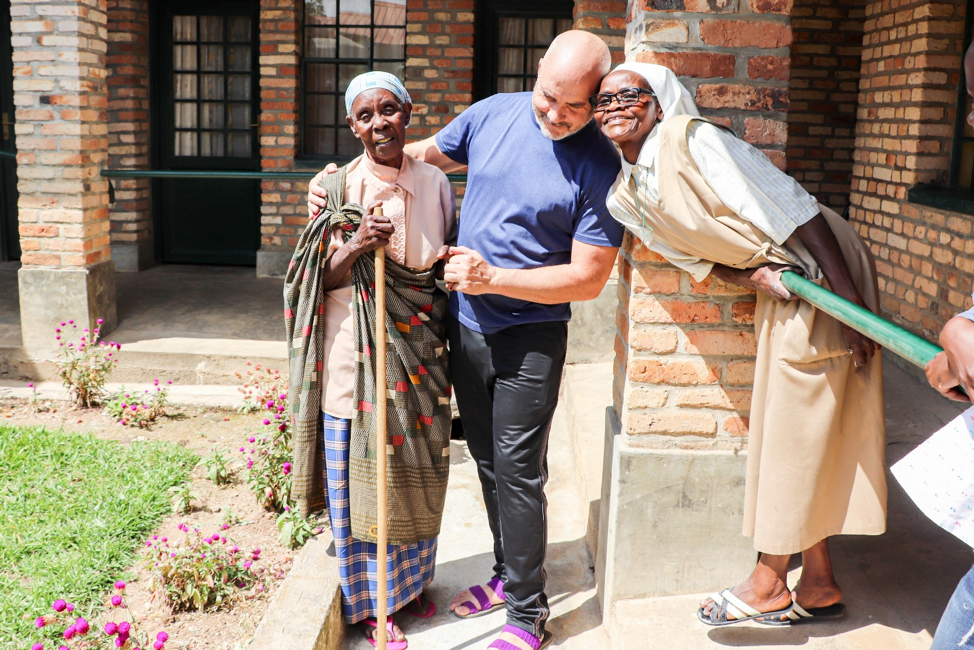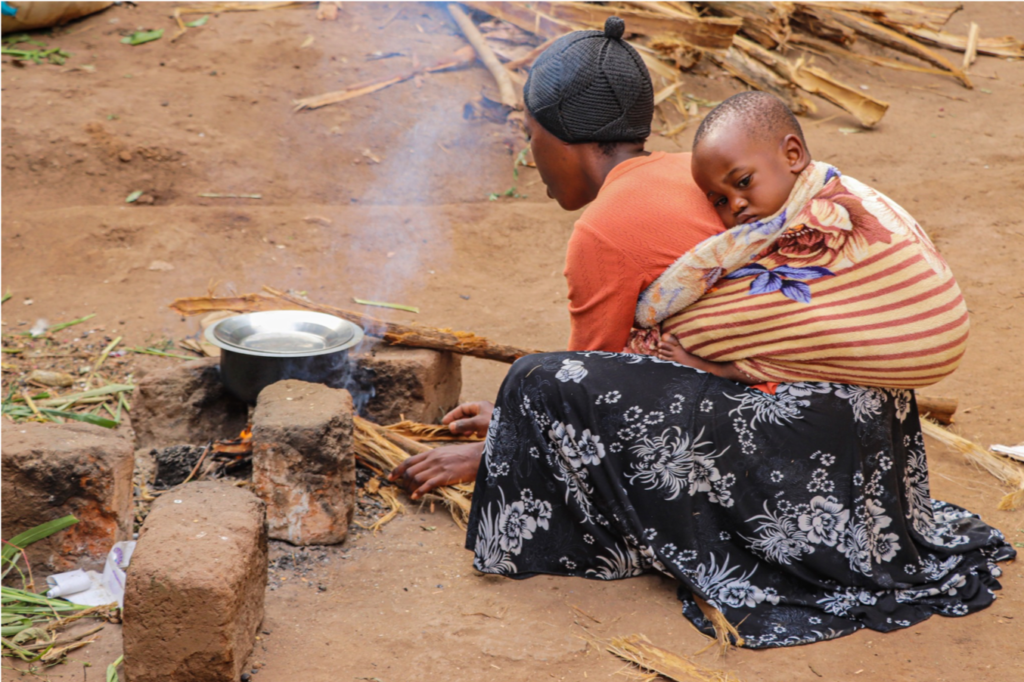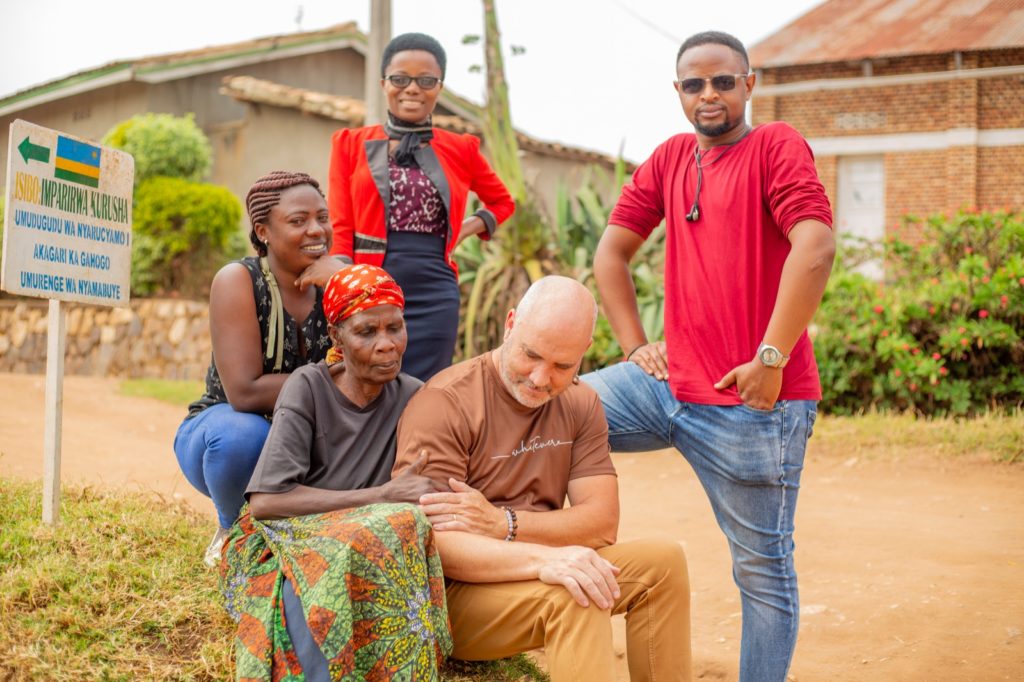WHY WE DO WHAT WE DO

It is said that somewhere, someone, is suffering. While we can’t be everywhere or meet everyone’s needs, we can and will do what we are able to, along with God’s guidance. The result is often a transformation of joy, both for us and those we interact with.
Rwanda is a country that has a very strong sense of community. It is one of the main reasons they have been able to recover from the Genocide against the Tutsi. But that doesn’t mean there aren’t people in need. Thankfully, especially in the rural areas, we are able to meet and visit with people very easily, including in their homes, which makes it much easier to be aware of what their needs might be. Their suffering, struggles, and needs aren’t hidden.
We have established enough of a presence in the community that in general people know what to expect from us, trusting us along the way. We also trust that people will be put in our path who are in the most need and that we will be able to provide for them.

The second part of our mission, which is equally important but a bit more challenging, is transforming the way this part of the world is seen by people outside of Africa. The below picture with the little boy led someone, an American, to say that life here seems “so clean and peaceful,” while I would challenge anyone to define the mother and the baby in the picture below that one as being “poor.”


Despite that, Africa tends to be looked at fairly negatively by people that don’t live here (and to be fair by some that do live here), and in some ways are looked at as a people that need to be saved, both materially and spiritually. While we won’t discount or deny that there is a certain truth to some of what is perceived and thought about, in large part it simply isn’t true, at least not in Rwanda where we are presently located and where it is literally the heart of Africa geographically.
We are intent on changing that narrative, showing the beauty of Rwandan people and culture and how God’s love is spread, and received, by Rwandans themselves, as well as changing the dynamic and perspective of how outsiders are looked at, especially missionaries from abroad, where “we” can tend to be associated with money and by relation what money can do in a community.
